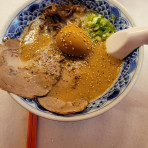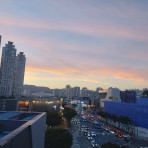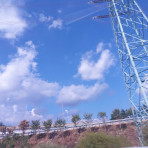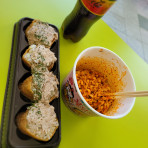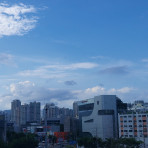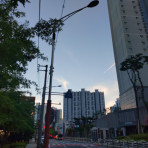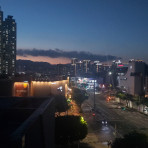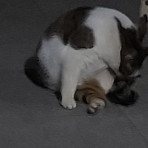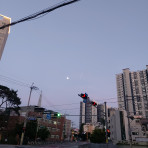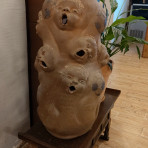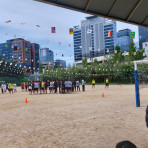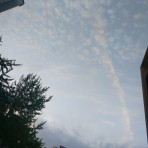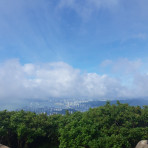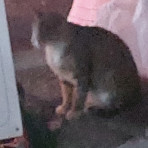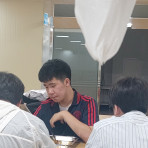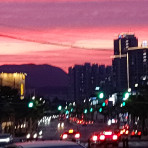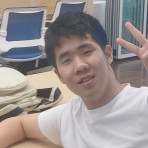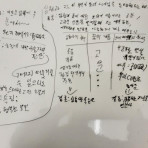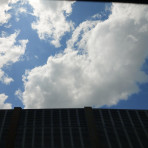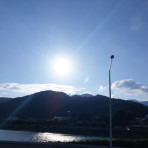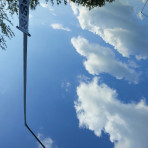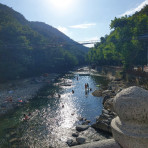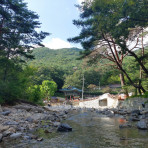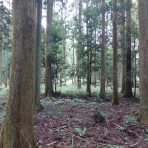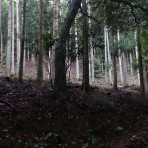Shan state leader denies nuclear trafficking links
본문
Mon, 26 Feb 2024 16:18:00 -0500

A leader of Myanmar’s ethnic Shan rebel group has denied any connections to the Japanese yakuza leader who was charged in New York with attempting to traffick weapons-grade nuclear materials.
Yakuza leader Takeshi Ebisawa was charged with attempting to sell confirmed weapons-grade uranium and plutonium to a man he believed was part of Iran’s nuclear weapons program, but who was in fact an undercover agent working for the U.S. Drug Enforcement Agency.
Ebisawa and a group of associates allegedly transported the minerals out of Myanmar and into Thailand, holding them at one point at a hotel on the tropical island of Phuket. On video, he told the agent he was selling the materials on behalf of a rebel group leader in Myanmar.
The indictment issued by the U.S. Department of Justice did not identify the rebel group, but media speculation last week identified Shan state. However, the group said on Sunday that while it has discussed trafficking uranium, it never went further than that.
According to a post by Tai Freedom, a mouthpiece for the rebel group, Shan state leader Yawd Serk said a “foreigner” had once approached him looking to buy uranium “heard to be available in Shan state.”
“However, he said that he had never heard of any place where uranium was produced,” Tai Freedom said in the post. “He simply replied that he would have to learn more about it because he didn’t even know about uranium. He has never discussed any transaction with anyone.”
Yawd Serk called the claims he was connected to the current trafficking case “just an act of discredit without any source, as he had previously been accused of being involved in the drug trade,” the post said.
Last week’s indictment did not confirm how the unnamed rebel leader – referred to only as “co-conspirator 1” – allegedly came to possess the materials, but did say he had claimed his group was “mining uranium in [its] territory in Burma,” and could mine “as much as 5 tons” of it.
Edited by Malcolm Foster.
A leader of Myanmar’s ethnic Shan rebel group has denied any connections to the Japanese yakuza leader who was charged in New York with attempting to traffick weapons-grade nuclear materials.
Yakuza leader Takeshi Ebisawa was charged with attempting to sell confirmed weapons-grade uranium and plutonium to a man he believed was part of Iran’s nuclear weapons program, but who was in fact an undercover agent working for the U.S. Drug Enforcement Agency.
Ebisawa and a group of associates allegedly transported the minerals out of Myanmar and into Thailand, holding them at one point at a hotel on the tropical island of Phuket. On video, he told the agent he was selling the materials on behalf of a rebel group leader in Myanmar.
The indictment issued by the U.S. Department of Justice did not identify the rebel group, but media speculation last week identified Shan state. However, the group said on Sunday that while it has discussed trafficking uranium, it never went further than that.
According to a post by Tai Freedom, a mouthpiece for the rebel group, Shan state leader Yawd Serk said a “foreigner” had once approached him looking to buy uranium “heard to be available in Shan state.”
“However, he said that he had never heard of any place where uranium was produced,” Tai Freedom said in the post. “He simply replied that he would have to learn more about it because he didn’t even know about uranium. He has never discussed any transaction with anyone.”
Yawd Serk called the claims he was connected to the current trafficking case “just an act of discredit without any source, as he had previously been accused of being involved in the drug trade,” the post said.
Last week’s indictment did not confirm how the unnamed rebel leader – referred to only as “co-conspirator 1” – allegedly came to possess the materials, but did say he had claimed his group was “mining uranium in [its] territory in Burma,” and could mine “as much as 5 tons” of it.
Edited by Malcolm Foster.
자유아시아방송 제공 및 저작권 소유 | RFA provided and copyrighted -www.rfa.org

A leader of Myanmar’s ethnic Shan rebel group has denied any connections to the Japanese yakuza leader who was charged in New York with attempting to traffick weapons-grade nuclear materials.
Yakuza leader Takeshi Ebisawa was charged with attempting to sell confirmed weapons-grade uranium and plutonium to a man he believed was part of Iran’s nuclear weapons program, but who was in fact an undercover agent working for the U.S. Drug Enforcement Agency.
Ebisawa and a group of associates allegedly transported the minerals out of Myanmar and into Thailand, holding them at one point at a hotel on the tropical island of Phuket. On video, he told the agent he was selling the materials on behalf of a rebel group leader in Myanmar.
The indictment issued by the U.S. Department of Justice did not identify the rebel group, but media speculation last week identified Shan state. However, the group said on Sunday that while it has discussed trafficking uranium, it never went further than that.
According to a post by Tai Freedom, a mouthpiece for the rebel group, Shan state leader Yawd Serk said a “foreigner” had once approached him looking to buy uranium “heard to be available in Shan state.”
“However, he said that he had never heard of any place where uranium was produced,” Tai Freedom said in the post. “He simply replied that he would have to learn more about it because he didn’t even know about uranium. He has never discussed any transaction with anyone.”
Yawd Serk called the claims he was connected to the current trafficking case “just an act of discredit without any source, as he had previously been accused of being involved in the drug trade,” the post said.
Last week’s indictment did not confirm how the unnamed rebel leader – referred to only as “co-conspirator 1” – allegedly came to possess the materials, but did say he had claimed his group was “mining uranium in [its] territory in Burma,” and could mine “as much as 5 tons” of it.
Edited by Malcolm Foster.
A leader of Myanmar’s ethnic Shan rebel group has denied any connections to the Japanese yakuza leader who was charged in New York with attempting to traffick weapons-grade nuclear materials.
Yakuza leader Takeshi Ebisawa was charged with attempting to sell confirmed weapons-grade uranium and plutonium to a man he believed was part of Iran’s nuclear weapons program, but who was in fact an undercover agent working for the U.S. Drug Enforcement Agency.
Ebisawa and a group of associates allegedly transported the minerals out of Myanmar and into Thailand, holding them at one point at a hotel on the tropical island of Phuket. On video, he told the agent he was selling the materials on behalf of a rebel group leader in Myanmar.
The indictment issued by the U.S. Department of Justice did not identify the rebel group, but media speculation last week identified Shan state. However, the group said on Sunday that while it has discussed trafficking uranium, it never went further than that.
According to a post by Tai Freedom, a mouthpiece for the rebel group, Shan state leader Yawd Serk said a “foreigner” had once approached him looking to buy uranium “heard to be available in Shan state.”
“However, he said that he had never heard of any place where uranium was produced,” Tai Freedom said in the post. “He simply replied that he would have to learn more about it because he didn’t even know about uranium. He has never discussed any transaction with anyone.”
Yawd Serk called the claims he was connected to the current trafficking case “just an act of discredit without any source, as he had previously been accused of being involved in the drug trade,” the post said.
Last week’s indictment did not confirm how the unnamed rebel leader – referred to only as “co-conspirator 1” – allegedly came to possess the materials, but did say he had claimed his group was “mining uranium in [its] territory in Burma,” and could mine “as much as 5 tons” of it.
Edited by Malcolm Foster.
좋아요1
이 글을 좋아요하셨습니다
관련링크
등록된 댓글이 없습니다.

